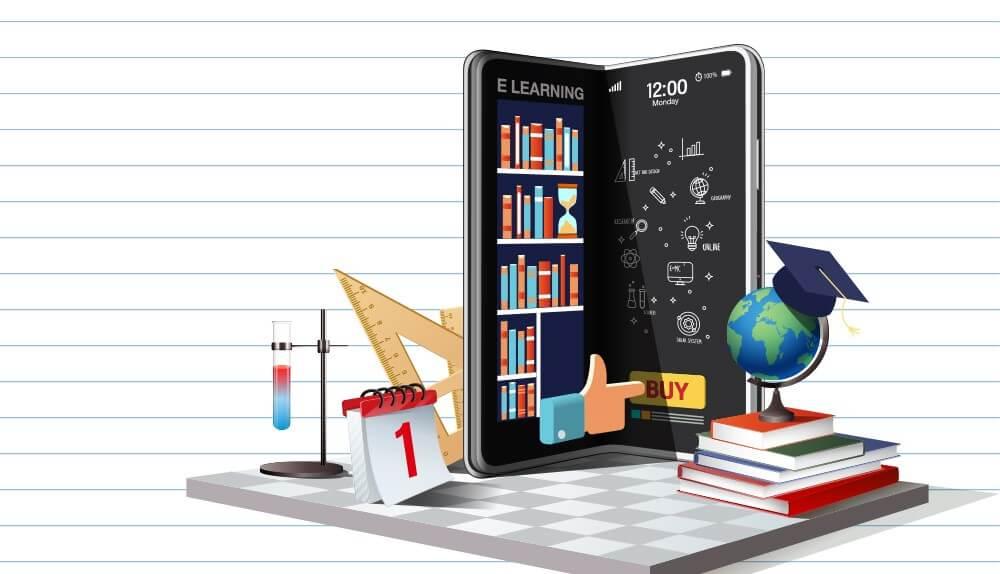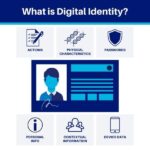In an era where technology seamlessly intertwines with everyday life, the landscape of education is poised for revolutionary transformation. As we stand at the threshold of a future brimming with potential, online education emerges as a powerful beacon, illuminating pathways for learners across the globe. From harnessing the capabilities of artificial intelligence to creating personalized learning experiences, the digital horizon invites both challenges and opportunities. As we navigate this uncharted territory, understanding the trends that shape this evolving realm is critical for educators, students, and institutions alike. Join us as we delve into the future of online education, exploring the innovations that promise to redefine learning and equip us for a rapidly changing world.
Exploring Innovative Learning Platforms and Their Impact on Student Engagement
In the evolving landscape of education, innovative learning platforms are proving to be pivotal in enhancing student engagement. By harnessing advanced technologies and interactive features, these platforms create dynamic learning environments that cater to diverse learning styles and preferences. For instance, platforms like Skill Lake utilize AI and machine learning to offer personalized course recommendations, ensuring that each learner receives tailored content that meets their unique needs. Furthermore, features such as augmented and virtual reality (AR/VR) content experiences captivate students, immersing them in rich, hands-on learning opportunities that traditional methods cannot replicate.
Equally noteworthy is the role of social learning platforms like Flipgrid, which foster collaboration and communication among students through video responses. This participatory approach not only enhances student interaction but also builds a sense of community, crucial for remote learning settings. As we explore these platforms further, it becomes evident that the future of online education lies in creating not just informative, but also engaging and interactive experiences that keep students motivated and invested in their learning journeys. Below is a comparison table of some leading platforms and their key features:
| Platform | Key Features |
|---|---|
| Teachable | Course creation tools, branding options, extensive market reach |
| Skill Lake | A.I. recommendations, AR/VR content, competency management |
| Flipgrid | Video responses, social interaction, community building |

Embracing Artificial Intelligence for Personalized Education Experiences
Artificial intelligence is not just a trend; it is redefining the educational landscape by tailoring experiences to meet individual learner needs. Embracing AI allows educational institutions to create adaptive learning environments that respond dynamically to student progress. This personalized approach not only enhances engagement but also accommodates different learning styles and paces. Key benefits of AI-driven personalized education include:
- Customization: Learning paths are tailored based on assessments and preferences.
- Real-time Feedback: Immediate insights help students correct mistakes and reinforce understanding.
- Accessibility: AI tools can cater to diverse populations, including those with learning disabilities.
Furthermore, AI empowers educators by providing data-driven insights that inform instructional strategies. By analyzing behavioral patterns and performance metrics, instructors can intervene proactively, ensuring that no student is left behind. The integration of AI into education establishes a harmonious balance between technology and pedagogy, leading to an enriched learning experience. Initiatives leveraging AI in this context include:
| AI Initiative | Description |
|---|---|
| Intelligent Tutoring Systems | Provides personalized instruction and feedback. |
| Predictive Analytics | Identifies at-risk students through data analysis. |
| Content Recommendation Engines | Suggests resources based on individual learning preferences. |
Navigating the Challenges of Digital Equity in Online Learning
The pursuit of digital equity in online learning has emerged as a crucial challenge in the evolving landscape of education. As digital platforms expand, disparities in access become increasingly pronounced. Factors such as internet connectivity, device availability, and digital literacy create barriers that hinder equal participation. To address these issues, educational institutions must consider:
- Infrastructure Development: Investing in reliable internet access for underserved communities.
- Resource Allocation: Providing devices to students in need to bridge the technology gap.
- Training Programs: Enhancing digital skills among both students and educators to foster effective online learning environments.
Moreover, fostering an inclusive online culture is essential for maximizing educational outcomes. This means creating platforms that are not only accessible but also responsive to diverse learning needs. Strategies to enhance inclusivity include:
- Culturally Relevant Curriculum: Incorporating diverse perspectives and materials that resonate with a broad range of learners.
- Adaptive Learning Technologies: Utilizing software that adjusts to the individual learning pace and style of each student.
- Community Engagement: Collaborating with local organizations to support families in navigating online learning resources.
Future Skills: Preparing Educators for the Evolving Digital Landscape
As we navigate the complex waters of online education, it becomes imperative to arm educators with the skills that will enable them to thrive in a digital environment. Traditional pedagogical methods must evolve to incorporate a variety of innovative technologies and teaching strategies. Educators should focus on cultivating the following essential skills:
- Digital Literacy: Understanding and effectively using technology tools.
- Data Analysis: Interpreting student performance metrics to tailor instruction.
- Collaborative Learning: Encouraging partnerships among students through various platforms.
- Adaptability: Being flexible in teaching methods to meet diverse student needs.
Furthermore, establishing a robust framework for continuous professional development can significantly enhance teaching effectiveness. Institutions should invest in training programs that prioritize mentorship and peer collaboration, offering educators the opportunity to share knowledge and best practices dynamically. Consider implementing:
| Training Focus | Objective |
|---|---|
| Technology Integration | To familiarize educators with new tools and platforms. |
| Instructional Design | To create effective, engaging online learning experiences. |
| Assessment Techniques | To develop innovative methods for evaluating student progress. |
In Conclusion
As we navigate the ever-evolving landscape of online education, it’s clear that the future holds boundless potential. The digital horizon is not just about technology; it’s about creating inclusive, engaging, and diverse learning environments. With innovations in pedagogy and a commitment to accessibility, we are poised to transform how knowledge is shared and acquired. As educators, students, and stakeholders chart this course together, we must remain adaptable, embracing change while upholding the values of equity and quality in education. The journey ahead may be uncertain, but with a collective vision and dedication, we can ensure that learning continues to thrive, lighting the way for generations to come.











